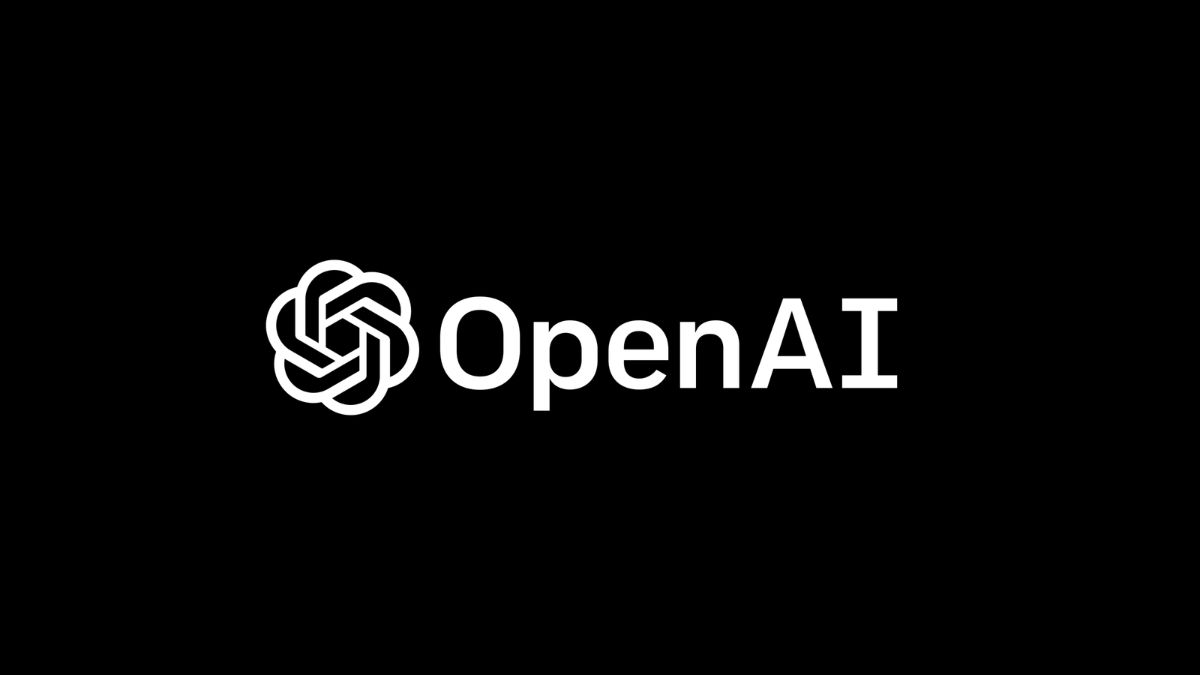Necessary Always Active
Necessary cookies are required to enable the basic features of this site, such as providing secure log-in or adjusting your consent preferences. These cookies do not store any personally identifiable data.
|
||||||
|
||||||
|
||||||
|

In Focus
OpenAI is introducing parental controls on its popular chatbot, ChatGPT. According to Reuters, the AI startup is rolling out controls for both web and mobile users. OpenAI’s ChatGPT parental controls come after parents whose teen died by suicide sued the tech company in August 2025. In the lawsuit, the parents claim that ChatGPT allegedly coached the teen on methods of self harm.
In a post shared on X, OpenAI said ChatGPT’s new controls allow parents to reduce teen exposure to sensitive content. The controls’s ChatGPT account linking feature provides stronger safeguards, allowing parents to link their accounts with those of their teens.
With the new OpenAI teen safeguards, parents can:
OpenAI said parents cannot access their teen’s chat transcripts. On rare occasions, parents may get notifications where OpenAI systems and trained reviewers detect signs of serious safety risks. However, such notifications would only provide the details parents need to support the safety of their teens. OpenAI also said parents will be notified if a teen delinks the account.
The latest OpenAI safety features are part of the company’s efforts to make ChatGPT useful for all while making it safe for younger users. The AI startup has about 700 million people using its ChatGPT products each week.
Previously, the AI startup said it was developing an age prediction system capable of detecting whether users are below the age of 18 automatically, then apply appropriate protections. At the moment, this responsibility lies entirely on parents.
The AI startup is not the only tech company that has developed OpenAI teen safeguards. In April 2025, Meta unveiled teen accounts for Facebook and Messenger. The social media giant also added restrictions to Instagram Live. The restricted teen accounts automatically enroll young users into an app with in-built protections.
OpenAI said it worked with a wide range of experts to develop the features included in its parental controls. These experts include policy makers like Attorneys Generals of Delaware and California and representatives from lobby groups like Common Sense Media.
Important Highlights:
In recent months, U.S. regulators tightened scrutiny on AI firms due to the potential negative effects of chatbots. In August 2025, Meta’s chatbot rules sparked concerns after it emerged that the company’s internal policies on chatbot behavior allow its AI models to engage children in conversations that are sensual or romantic.
Meta said it was reviewing its internal chatbot guidelines and affirmed that sensual conversations with children should not be allowed. Concerns over Meta’s guidelines on provocative chatbot behavior came barely a month after Grok faced backlash over antisemitism content. The Elon Musk-owned company deleted the content after X users complained that the AI bot generated content that praised Adolf Hitler.